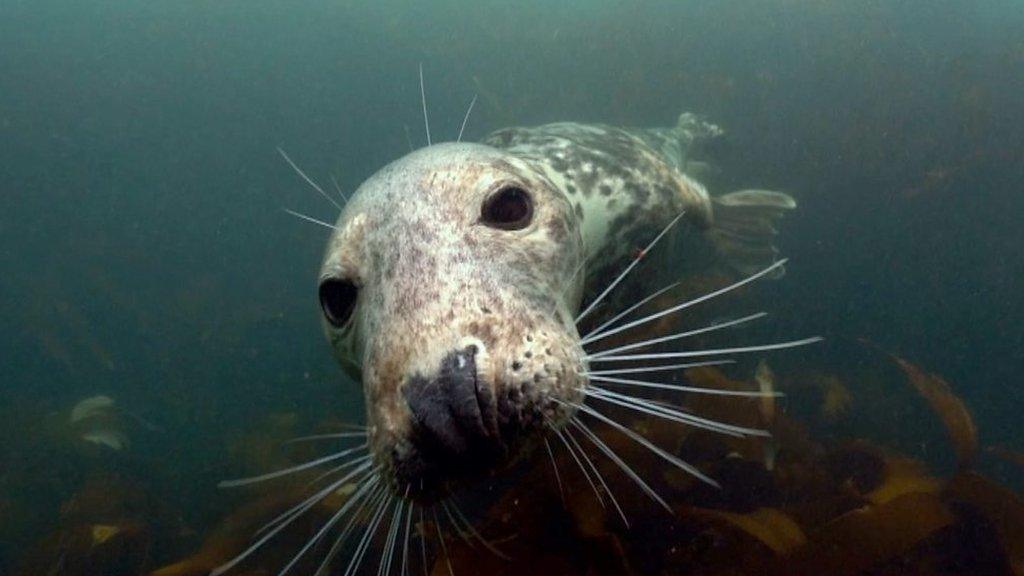Plymouth scientists use computer to recognise plastics
- Published
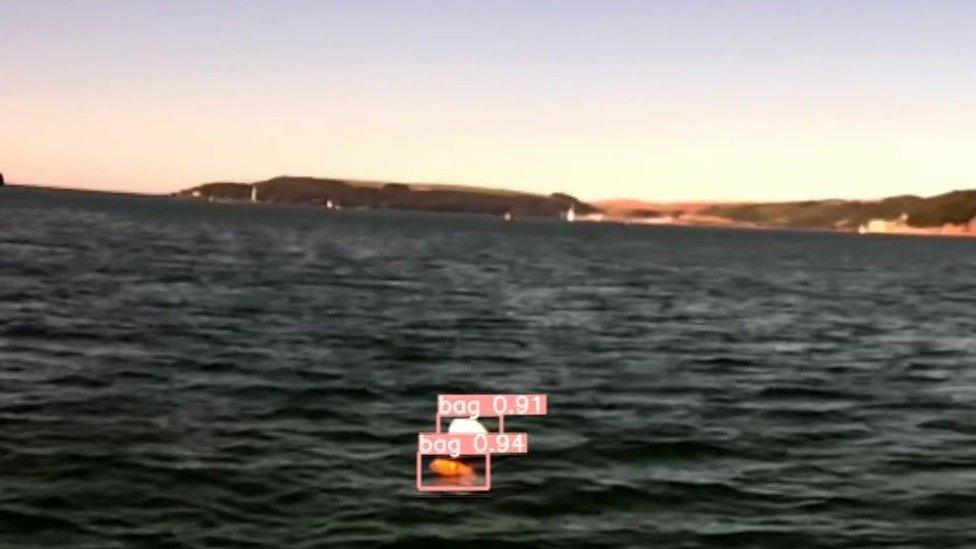
The computer can identify different types of plastic in the sea
Scientists are using a computer to recognise and map plastic pollution in the sea.
Pictures of different types of waste are being taken by Plymouth Marine Laboratory (PML) using a camera mounted on a boat.
The scientists have been using a machine learning computer to "recognise and classify the different types of marine plastic", said PML.
Plastic bags or bottles can be recognised with 68% accuracy, it said.
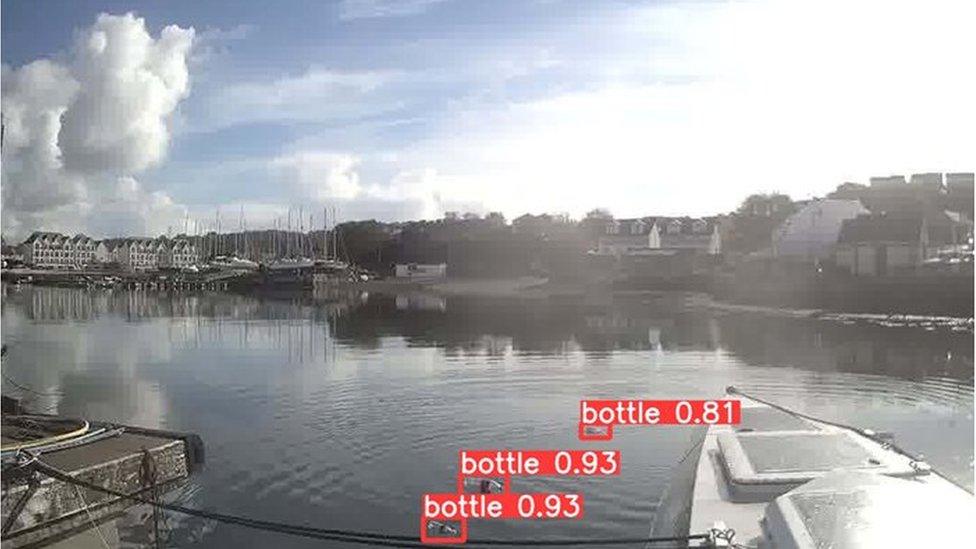
Results of the research could make monitoring of plastic easier said Plymouth Marine Laboratory
PML said plastic waste was a "major part of the global pollution crisis", but monitoring it was "challenging given the scale, complexity and time required to do so manually".
The data the computer was gathering would eventually allow the use of unmanned boats to identify plastic pollution in the oceans around the world, it said.
Sophie Armitage, a University of Exeter student who has taken part in the research, said it has "pushed me out of my comfort zone and allowed me to learn many valuable new skills".
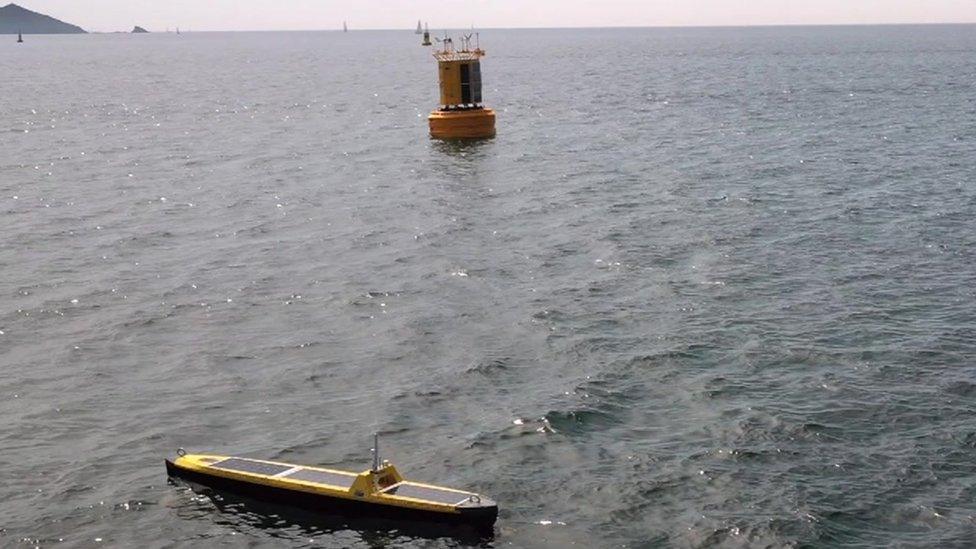
Unmanned boats could be used to identify plastic pollution in the oceans around the world

Follow BBC News South West on Twitter, external, Facebook, external and Instagram, external. Send your story ideas to spotlight@bbc.co.uk.
- Published7 March 2022
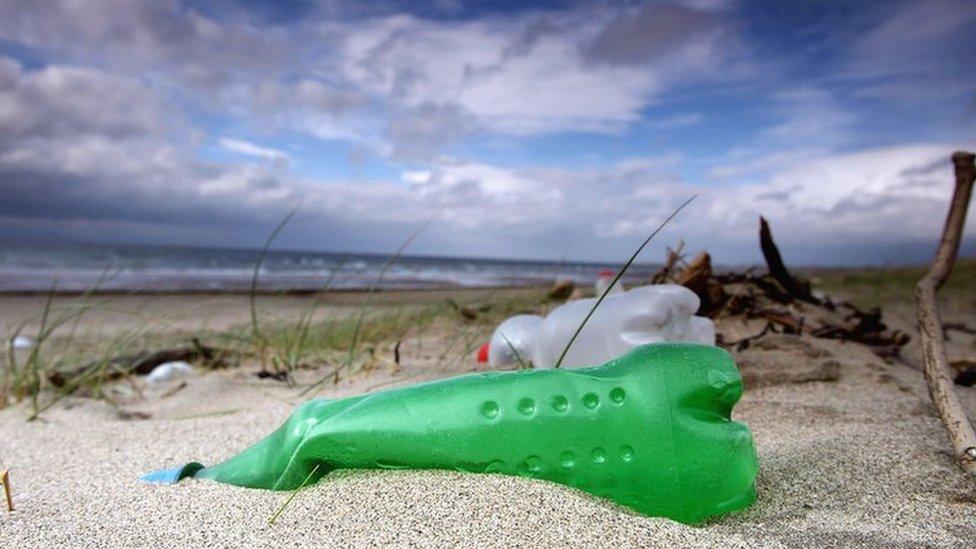
- Published2 March 2022
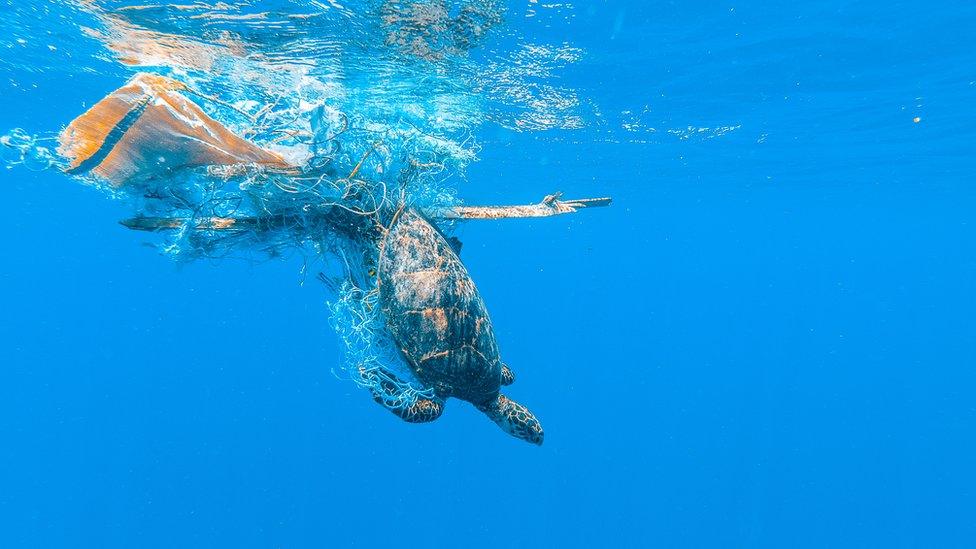
- Published11 June 2022
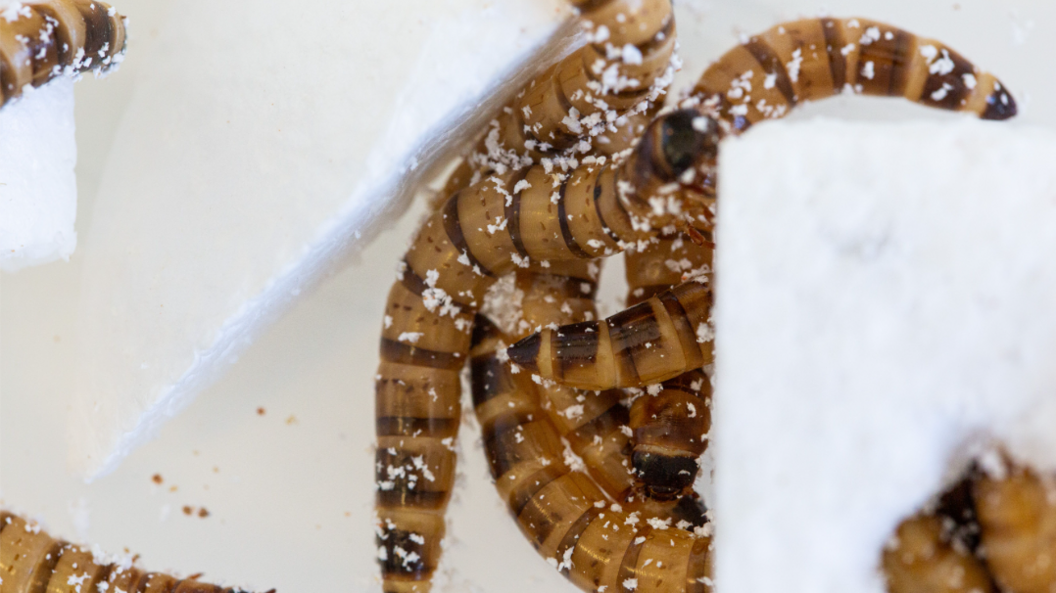
- Published26 June 2022
